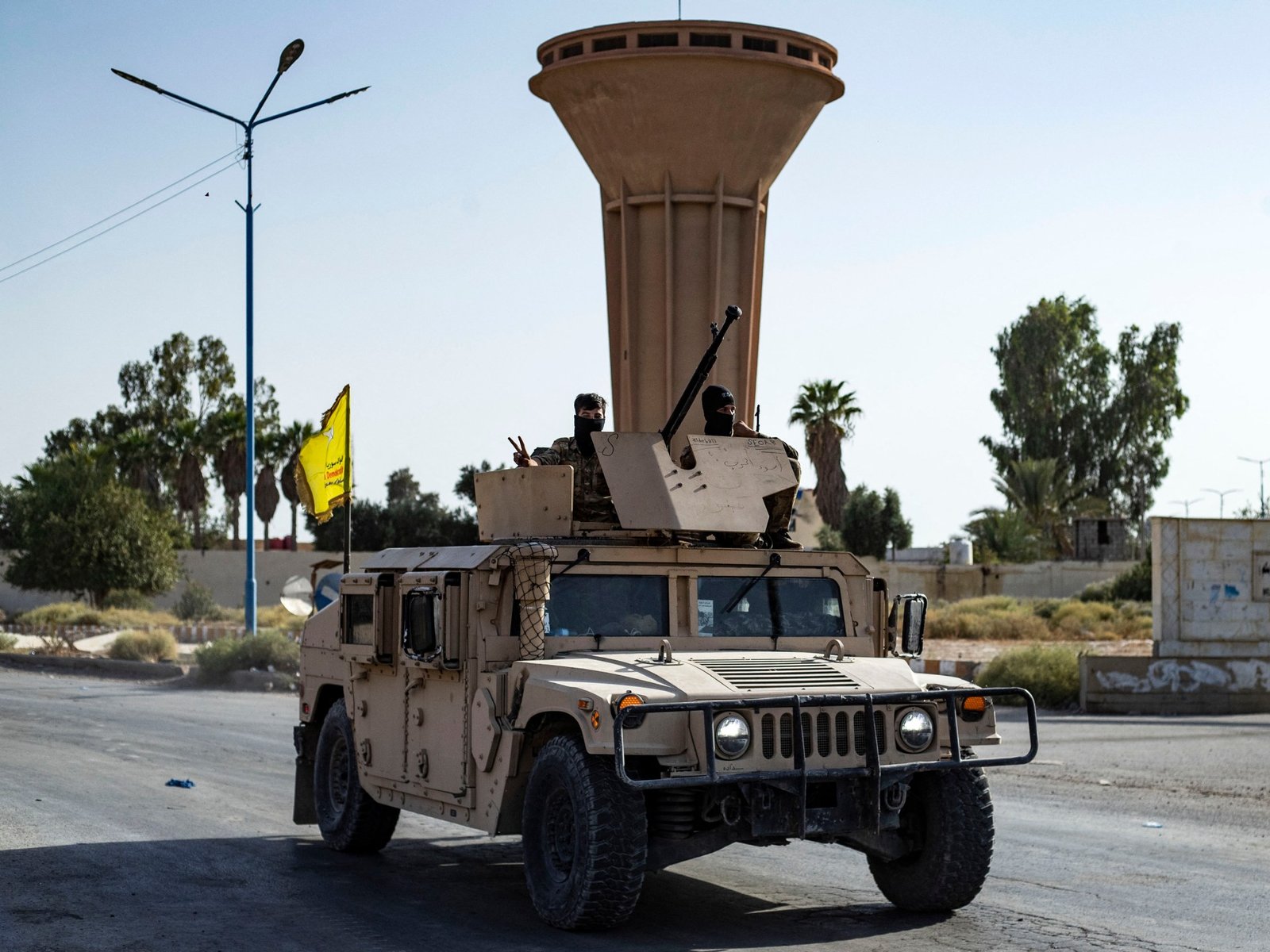
Dozens of Uyghur men who fled persecution in their native China only to find themselves detained in Thailand have entered the second week of a hunger strike in Bangkok. Their fast is the latest attempt to pressure the Thai government to halt what the detainees fear will be imminent deportation to China, where they face the risk of torture and imprisonment.
The men, who have been in Thai detention centers for more than a decade, began their hunger strike on January 10, two days after they were given “voluntary return” forms to sign, according to statements from two inmates.
They all refused to sign the forms, but then had to pose for photos. These instructions caused panic among the prisoners as the same series of events preceded Thailand in 2015 sudden deportation of 109 other Uighurs in China.
Thai authorities said they had no plans to send them back and denied they were on hunger strike.
One of the detainees secretly communicated with a journalist and activist who shared his voice messages with The New York Times. The story of the second detainee was relayed by a family member. Four other people familiar with the matter also confirmed the details. Prisoners have virtually no access to anyone except for monthly doctor visits.
The Uyghurs are Turkish-speaking Muslims, many of whom live in China’s far western region of Xinjiang. Determined to eliminate the perceived threat of ethnic separatism, Chinese authorities placed the region under strict supervision starting in 2014. Later they as many as a million Uyghurs and others were imprisoned in camps and prisons, reinforced birth control measures for Muslim women and appointed Muslim children in boarding schools.
The persecution forced thousands of Uighurs to flee. The detainees in Thailand were part of a wave of more than 300 who left China in 2014 using the Southeast Asian country as a transit point in an attempt to reach Turkey, which is home to a large Uyghur community.
On Friday night, the men were still refusing food and drinking only small amounts of water, according to a voice message from one of the inmates sent to Arslan Hidayat, a Washington-based Uyghur rights activist, who shared the message at the time. The exact number of men on hunger strike remains unclear.
Earlier on Friday, the detainee said he had “good information” that the Thais would hand over the Uighurs to China by Monday.
In a separate message dated January 13, the detainee said: “We are desperately seeking help from those living in the free world. You all know what will happen to us if they send us back to China.”
In addition, the brother of the second detainee told the reporter that he had been texting with him on Friday. “It has been seven days since we went on hunger strike. But they don’t care and they don’t respond to us,” the detainee wrote in a text message that The Times had access to. “This morning we are asking for a meeting with the UN, but they won’t let us.”
Both detainees and the other’s brother, as well as others quoted in this article, asked not to be identified for fear of reprisals.
Thai immigration authorities have repeatedly refused to allow The United Nations refugee agency has access to men, unlike other groups such as Myanmar’s Rohingya Muslims, according to Bryony Lau, deputy Asia director at Human Rights Watch.
The hunger strike has raised concerns among human rights activists about the health of prisoners. Many are already malnourished, have chronic illnesses such as heart and lung disease, and have poor access to health care. Five Uighurs died in custody, including two children.
This month he was a Cambodian former opposition politician filmed in Bangkok in broad daylight, causing other refugees and dissidents who fled to Thailand to fear for their safety.
On Friday, Thailand’s defense minister, Phumtham Wechayachai, said the Uyghur issue was discussed at a meeting of the country’s National Security Council that day. He said they discussed how to “strictly follow the law and do things without creating problems for our country and other countries”.
When asked by a journalist whether the Uyghurs will be deported on Monday, Mr. Phumtham, who is also Thailand’s deputy prime minister, said: “I just heard it from you.”
Lieutenant General Thanit Thaiwacharamas, acting deputy commander of the immigration office, denied that the Uyghurs were on hunger strike.
In a statement, China’s foreign ministry said it was “unaware” of reports that the Uighurs could be sent back to China. It added that their fundamental position is a firm “compression of any form of illegal immigration”.
The plight of the detainees has raised concerns in the United States and the human rights community. On Wednesday, Marco Rubio, President Donald J. Trump’s pick for secretary of state, said he would lobby Thailand not to send the Uighurs back. Speaking at a Senate hearing, he added that the situation was “another opportunity for us to remind the world” of the persecution Uighurs face.
Angkhana Neelapaijit, a senator in Thailand, said she raised the issue of the hunger strike with Thailand’s National Security Council. She said she is pressuring Thai police to allow her to meet with the Uyghurs and plans to hold a parliamentary hearing on their situation at the end of the month.
She recalled how in 2015, as head of Thailand’s National Human Rights Commission, she was blindsided by the previous deportation of Uighurs. The United Nations refugee agency called the move a “flagrant violation of international law.”
Then protesters in Turkey looted the Thai consulate in Istanbul, and the police in the capital, Ankara, pushed back the Uyghurs who were trying to break through the barricade in front of the Chinese embassy with pepper spray.
Thailand’s prime minister at the time, General Prayuth Chan-ocha, said China had guaranteed Uyghurs safety and promised they would have “access to fair justice.” But Chinese state television later broadcast images of the detainees hoods on their heads as they boarded the plane to China.
Omer Kanat, executive director of the Uyghur Human Rights Project, a non-governmental group, said his organization later learned that a few of the deportees had received long prison terms, but that the fate of the majority was unknown. “They’re gone.”
Muktita Suhartono contributed reporting from Bangkok, and Vivian Wang from Beijing.








